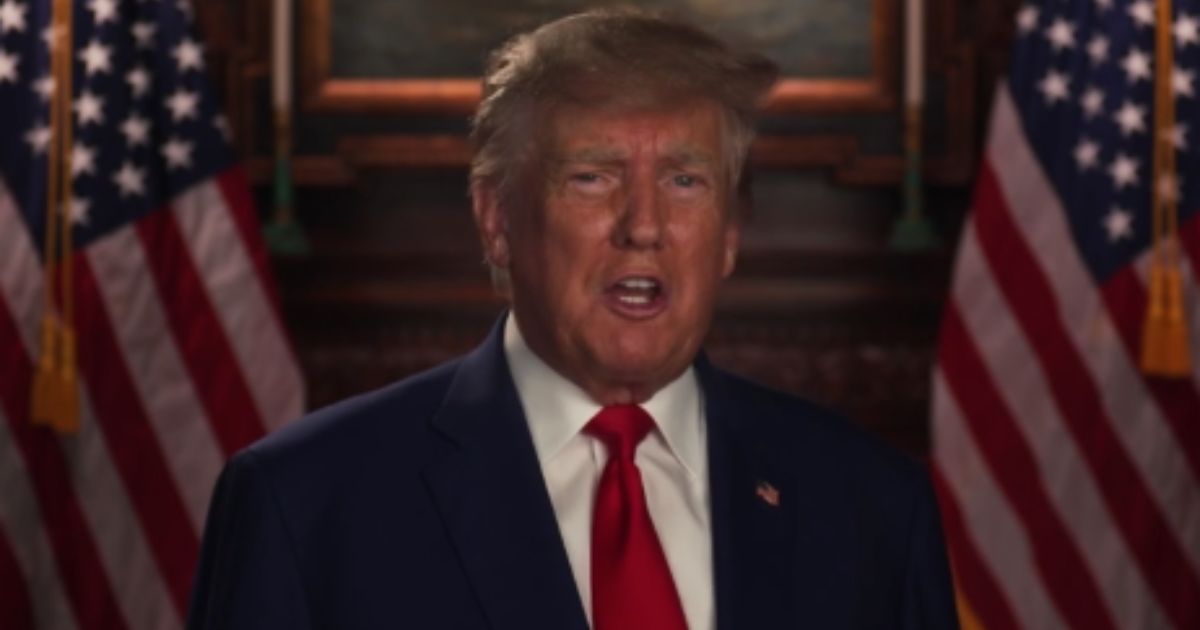Supreme Court allows Trump to halt payments of DEI-related grant funds
In a significant decision, the U.S. Supreme Court has allowed the Trump administration to temporarily halt $65 million in diversity-focused teacher training grants.
This decision, stemming from a 5-4 vote, suspends a lower court's mandate requiring continued payment of these grants across eight states, as Breitbart reports.
The high court's ruling reverses a previous order from a lower court, which had directed the Department of Education to proceed with the implementation of grants aimed at fostering diversity, equity, and inclusion in teacher training programs.
These grants, totaling about $65 million, were initially established to enhance educational diversity.
The emergent nature of this ruling from the Supreme Court underscores its temporary status. It also hints at the complexities involved in the federal funding of educational programs under varying administrative philosophies.
The affected organizations, as noted by the court, reportedly possess adequate financial means to maintain their operations for now, thus mitigatingthe immediate impacts of the funding freeze.
Financial resources, legal options assessed
The Supreme Court emphasized the financial resilience of the affected organizations in its decision. It stated, "Respondents have represented in this litigation that they have the financial wherewithal to keep their programs running. So, if respondents ultimately prevail, they can recover any wrongfully withheld funds through suit in an appropriate forum." This assertion highlights an expectation for these entities to self-sustain while the legal battle continues.
The backdrop to this controversy includes broader policy shifts. In January, President Donald Trump signed an executive order curtailing government support for DEI programs.
This directive impacted various federal departments, leading to a reevaluation and termination of certain DEI-focused initiatives and positions.
The implications of this executive order were felt widely. The Department of Government Efficiency (DOGE), under the leadership of Elon Musk, terminated 29 DEI teacher training grants and 89 other contracts, a move reflecting a substantial shift in federal funding priorities.
This totaled cutting grants worth $101 million and other contracts collectively valued at $881 million.
Impact on initiatives uncertain
These extensive cuts instituted by DOGE signify a substantial policy shift regarding federal support for diversity initiatives within the educational sector. Katherine Hamilton from Breitbart News remarked on the significant reduction of resources, using the phrase “slashed 29” to describe the elimination of the DEI grants.
The broader implications of these cuts extend beyond the immediate financial support for teacher training projects. They also reflect a recalibration of federal priorities and underline the contentious nature of DEI initiatives within the current administration's policy framework.
While the Supreme Court ruling does not conclude the legal proceedings concerning these grants, it sets a precedent for how similar cases might be handled shortly.
As reported by The Hill, "the decision is not a final ruling in the case, and the dispute could ultimately return to the Supreme Court." This ongoing uncertainty maintains a climate of unpredictability around the funding and implementation of DEI programs.
Legal battles still remain
The potential for this issue to return to the Supreme Court adds another layer of complexity to an already tumultuous area of public policy. Educational institutions and other stakeholders will be closely monitoring the developments, as the outcomes could have long-ranging effects on educational strategies and objectives nationwide.
Ultimately, this episode is a vivid illustration of the dynamic interplay between law, policy, and education in the U.S. As stakeholders brace for further developments, the conversation around DEI initiatives remains intense, encapsulating debates about equity, diversity, and the role of government in shaping educational landscapes.
The continuing legal journey of this case underscores the evolving nature of educational policy in the U.S., reflecting broader national debates over diversity and inclusiveness in public institutions. As the situation unfolds, it will undoubtedly influence future decisions and policies at both the state and federal levels.





